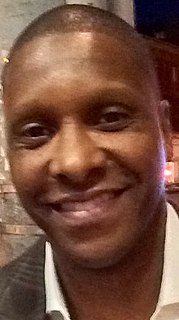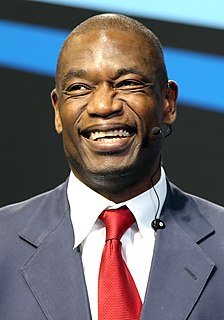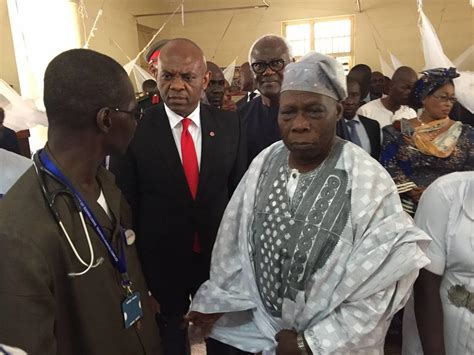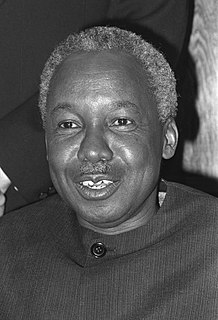A Quote by Masai Ujiri
We have to move the meter in sports in Africa, especially basketball. With the growth of the NBA globally, we have to figure out more ways to develop facilities, coaching, leagues, and youth development in Africa. The talent is incredible. Especially physically. How do we get the youth to start playing at an early age just like in soccer? The future is bright. We now have an NBA office in Africa, we have legends and Hall of Famers, we have African assistant coaches, front office members, and some prominent African players over the last 10 years. So we must plan well for the next 10.
Quote Topics
Africa
African
Age
Assistant
Assistant Coaches
Basketball
Bright
Coaches
Coaching
Develop
Development
Early
Early Age
Facilities
Figure
Front
Front Office
Future
Future Is Bright
Get
Globally
Growth
Hall
Hall Of Fame
How
Incredible
Just
Last
Leagues
Legends
Like
Members
Meter
More
Move
Must
Nba
Next
Now
Office
Out
Over
Physically
Plan
Players
Playing
Prominent
Soccer
Some
Sports
Start
Talent
Ways
Well
Years
Youth
Related Quotes
I spent my youth and my most formative years in Africa. I left Africa when I was about 20, 21, and when Mo says a great African, I was really moulded by my African experience, although I had the good fortune that by the time I was 24 I had studied and worked on three continents - Africa, the US, and Europe.
The natural thing in Africa is to start playing soccer at 8 or 9. You go outside and you play like kids play basketball here, and you grow a feel for the game. In Africa, the kids start playing basketball at 16 or 17 or 18, and when they get an opportunity to come here, they have been playing for only one or two years.
Entrepreneurship is the cornerstone to African development and the key to local value creation in Africa. I am determined to ensure that Africa's next generation of entrepreneurs have the platform they need to turn their entrepreneurial aspirations into sustainable businesses that will drive economic growth and job creation across Africa.
My solutions are to include Africa in the global economy, and not African charity, AIDS research, but African infrastructure development. And I think that Africa can import and needs everything the whole world can manufacture. And they have got enough money to pay for it. It's just that the money is in the ground.
I started as an engineer. I migrated to philosophy and international politics. And I did my studies about African - Africa democracy and democratization in Africa, taking Kenya as a model. And then, while I was doing so in 1996 in South Africa, Al Jazeera was established. So they requested me to be an analyst on African affairs.
Unity will not make us rich, but it can make it difficult for Africa and the African peoples to be disregarded and humiliated. And it will, therefore, increase the effectiveness of the decisions we make and try to implement for our development. My generation led Africa to political freedom. The current generation of leaders and peoples of Africa must pick up the flickering torch of African freedom, refuel it with their enthusiasm and determination, and carry it forward.
My good friend Yao Ming was the first big player in the NBA to come from China. He gave himself to the game and was successful. That inspired the NBA to invest more and do more for the game of basketball. We're building academies not just in China, but in India, Africa, Europe and South America as well.





























